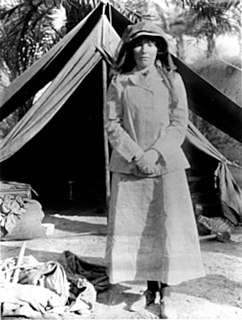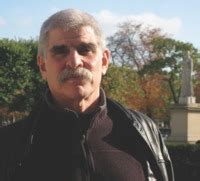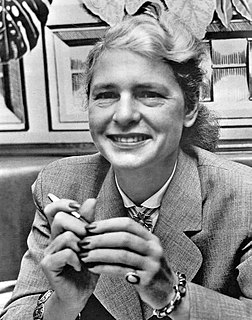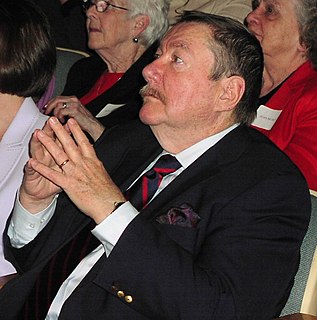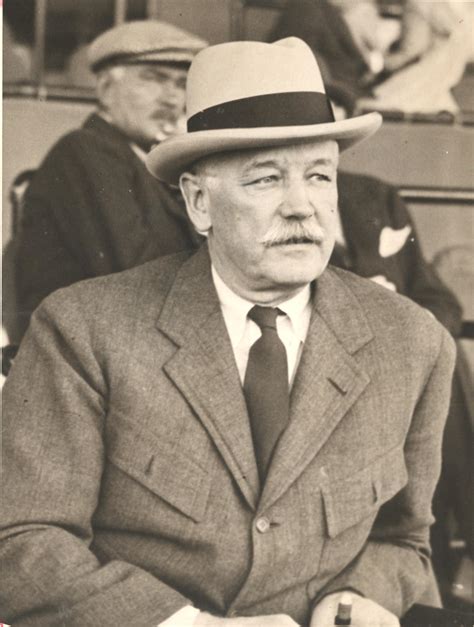A Quote by Charles Horton Cooley
The literature of the inner life is very largely a record of struggle with the inordinate passions of the social self.
Related Quotes
The most degrading of human passions is the fear of death. It tears away the restraints and the conventions which alone make social life possible to man; it reveals the brute in him which underlies them all. In the desperate hand-to-hand struggle for life there is no element of nobility. He who is engaged upon it throws aside honor, he throws aside self-respect, he throws aside all that would make victory worth having - he asks for nothing but bare life.
Once a person has taken their life, in the inner realms, the suicide will repeat automatically the feelings of despair and fear which preceded his self murder, and go through the act and the death struggle time after time with ghastly persistence... They remain conscious - often entangled in the final scene of the earth life for a very long time, unaware that they have lost the physical body.
The very secret of life for mewas to maintain in the midst of rushing events an inner tranquility. I had picked a life that dealt with excitement, tragedy, mass calamities, human triumphs and suffering. To throw my whole self into recording and attempting to understand these things, I needed an inner serenity as a kind of balance.
Very little comes easily to our poor, benighted species (the first creature, after all, to experiment with the novel evolutionary inventions of self-conscious philosophy and art). Even the most "obvious," "accurate," and "natural" style of thinking or drawing must be regulated by history and won by struggle. Solutions must therefore arise within a social context and record the complex interactions of mind and environment that define the possibility of human improvement.
Over the years, I've found that I either live life or write about it. I can't seem to do both simultaneously - I have to do it sequentially. When I write incessantly, I lose touch with the issues and passions that fuel the work. But when I get too involved in organizations or movement endeavors, I almost forget that I'm a writer. It's a constant struggle to find a balance between these two worlds - the solitary writing life and the life of a social justice activist.



